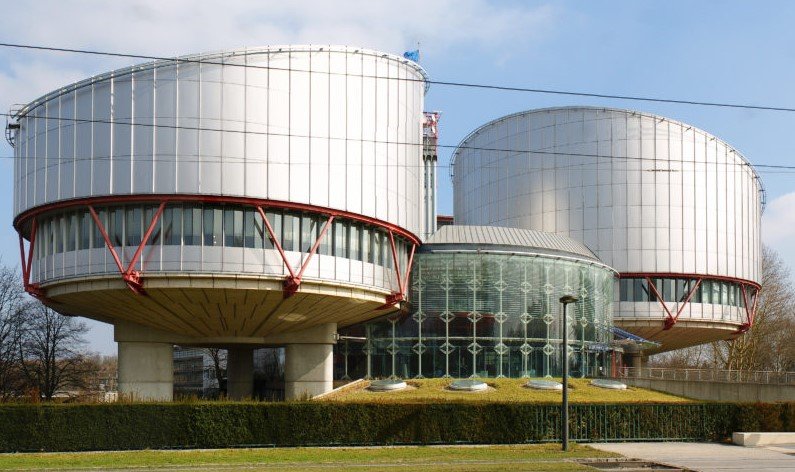The European Court of Human Rights (ECHR) has delivered a landmark ruling, affirming that Russia’s actions in the Georgian territories of Abkhazia and South Ossetia have led to severe human rights violations. This decision underscores the ongoing challenges faced by individuals in these regions and sets a precedent for international human rights law.
The Context of Conflict
The roots of the conflict trace back to the early 1990s, following the dissolution of the Soviet Union. Tensions escalated into a full-scale war in 2008, leading to Russian military occupation. The ECHR’s ruling addresses the aftermath of these events, focusing on the human rights implications for the local Georgian population.
One of the most pressing issues has been the ‘borderization’ process, which has restricted freedom of movement and led to numerous human rights abuses. The ECHR found evidence of arbitrary detentions, property rights violations, and restrictions on access to education and healthcare.

The court’s findings also highlight the plight of families separated by the occupation lines. Many have been unable to reunite due to stringent border controls, exacerbating the humanitarian situation.
The Toll on Human Lives
The human cost of the occupation has been high. The ECHR reviewed cases of individuals who were unlawfully detained and subjected to inhumane treatment. The court’s decision brings these personal stories to the forefront, offering a sobering look at the consequences of the conflict.
In addition to physical safety concerns, the ‘borderization’ has had a detrimental effect on the livelihoods of those living near the administrative boundary lines. Farmers have lost access to their lands, and the local economy has suffered as a result.
The ruling also sheds light on the psychological impact of the occupation. The constant threat of detention and the inability to move freely have created an atmosphere of fear and uncertainty for many Georgians.
The Path Forward
The ECHR’s decision is not just a condemnation of past actions; it is a call to action for the future. The court has laid out clear violations of the European Convention on Human Rights, providing a legal framework for addressing these issues.
Moving forward, the focus will be on ensuring accountability and seeking remedies for those affected. The international community’s role in supporting Georgia and upholding human rights standards will be crucial.
The ruling also serves as a reminder of the importance of dialogue and diplomacy in resolving such conflicts. It is a step towards justice for the victims and a hopeful sign for the restoration of peace and human rights in the region.
